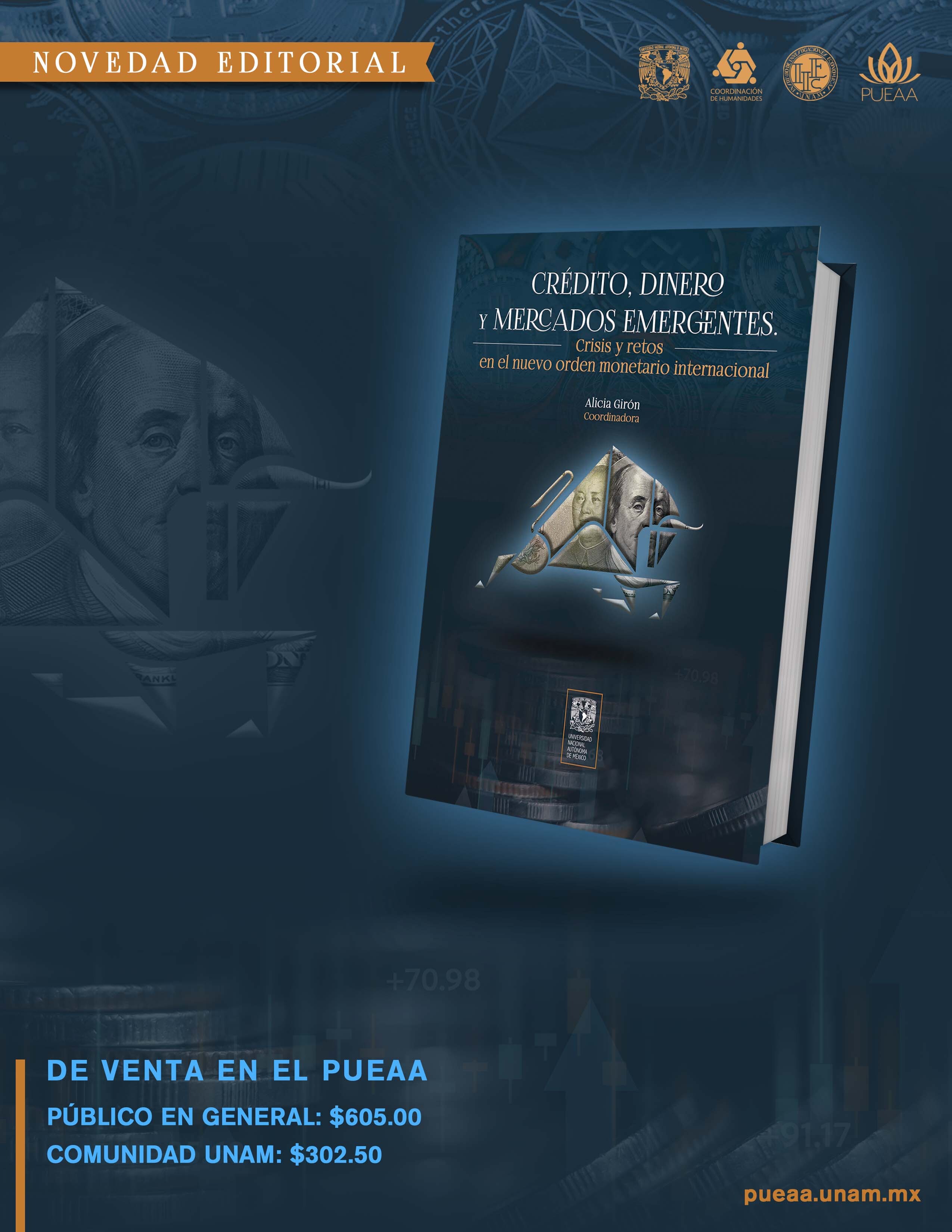Professor-researcher of the Economics Department and coordinator of the APEC Studies Center, at the Autonomous University of Baja California Sur. Researcher level II of the National System of Researchers (SNI) of the National Council of Science and Technology (CONACYT). Member of the Mexican Academy of Sciences. She represented Mexico in the Bureau of the Intergovernmental Panel on Climate Change (IPCC) within the framework of the United Nations (UN) as vice-chair of Working Group 3 "Mitigation" from 2008 to 2016. She holds a PhD in Economics from the National Autonomous University of Mexico (UNAM) with cum laude distinction. She holds a postdoctoral degree in Security and Peace Studies from the University of Bradford, United Kingdom. She conducts research on international cooperation about climate action, tourism and sustainable development. She has authored or edited 23 books and more than 200 articles in peer-reviewed journals. Lead author of the Fourth and Sixth IPCC Assessment Reports. Editor of the IPCC Special Report on Renewable Energy, in addition to two chapters in the Mexican Climate Change Report (PINCC-UNAM). In 2017 she received the Science and Technology Award and the Medal for Scientific and Technological Merit of the State of Baja California Sur. In 2021 she was distinguished with the Recognition of the University of Colima for her contribution to studies on the Pacific Basin. Among her recent publications we can find "The Asia Pacific Economic Cooperation Forum APEC: three decades of history and scenarios for the future’’.

En economías monetarias de la producción, el dinero crédito es el medio para las transacciones de intercambio entre los agentes económicos. El dólar, moneda hegemónica, ha jugado un papel importante en el desarrollo económico, político y social durante las últimas siete décadas de constantes crisis económicas y financieras. Sin embargo, el dólar se está desdibujando en los mercados emergentes. Las tensiones financieras están surgiendo a raíz del alza de las tasas de interés por la injerencia de los bancos centrales y por el creciente endeudamiento de los países soberanos. Lo anterior, sumado a la crisis del cambio climático, así como al avance de la economía digital y a una frágil recuperación del empleo, vuelven necesario el análisis y el estudio del comportamiento del crédito. El libro Crédito, dinero y mercados emergentes. Crisis y retos en el nuevo orden monetario internacional aborda los cambios ocurridos a nivel mundial cuyo resultado fue la conformación de un mundo multipolar con implicaciones en los circuitos financieros.

Three decades after the birth of the Asia-Pacific Economic Cooperation (APEC) forum, profound changes have been observed in the international economic system. Today, this intergovernmental forum faces major challenges in implementing its ambitious agenda in the areas of economic liberalization, trade facilitation and cooperation among member countries. Readers of this book will find in it a detailed diagnosis of its evolution and achievements, but also of the problems it faces in the present "crisis of multilateralism", triggered by the neo-protectionist policies of the United States. In order to achieve this objective, leading national researchers from public and private higher education institutions, most of which are members of the Mexican Consortium of APEC Study Centers, were invited to participate under the leadership of the APEC Study Center located within the University Program for Asian and African Studies (PUEAA) of the National Autonomous University of Mexico (UNAM).
